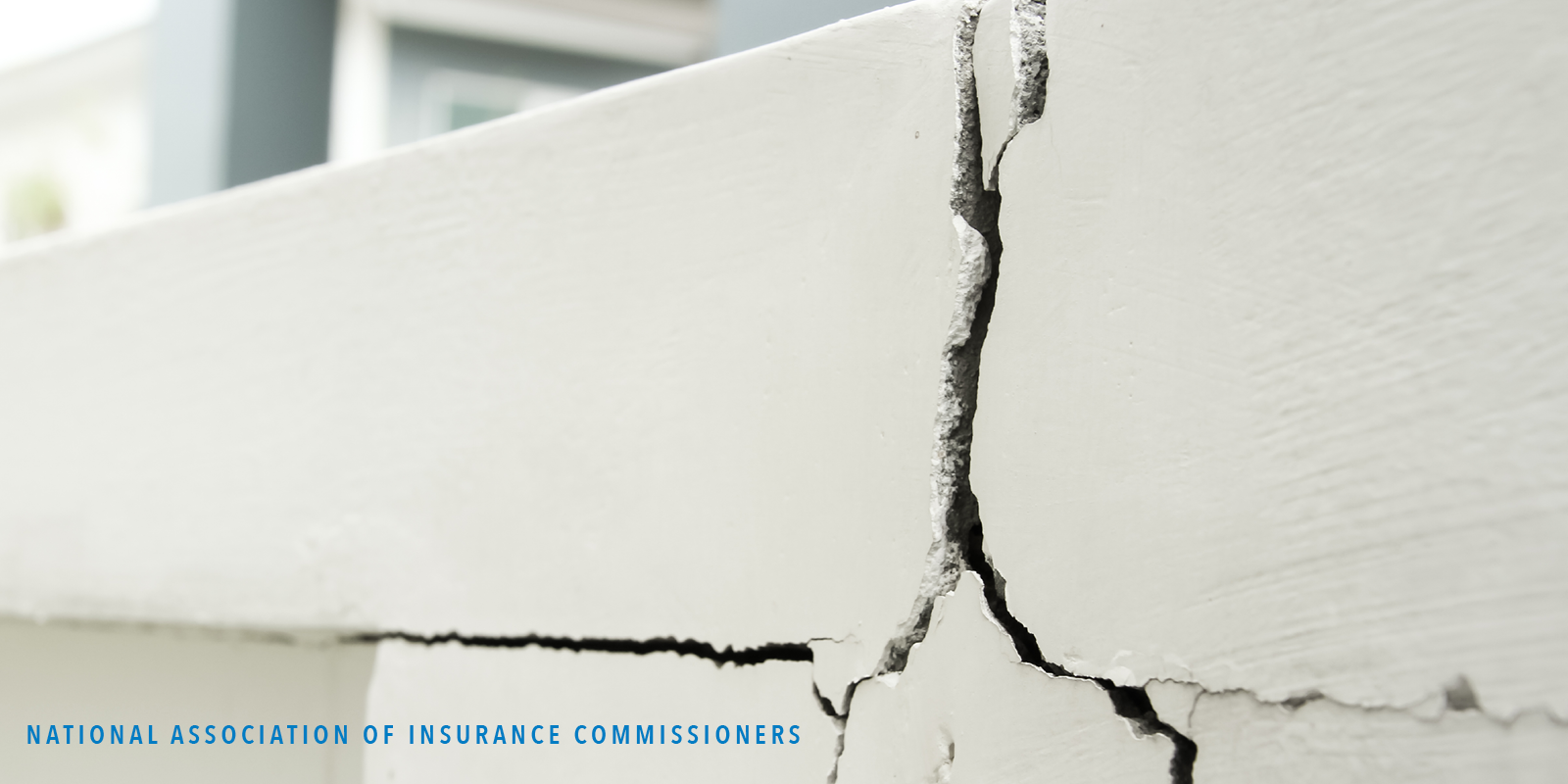
Understanding Earthquake Deductibles
Homeowners and business insurance policies do not cover earthquake damage. You may want to buy an earthquake insurance policy. Those policies decrease financial losses in the aftermath of an earthquake.
When you shop for an earthquake policy, don't forget about the deductible. A deductible is the amount the homeowner is responsible for paying on each claim.
TOP THINGS TO CONSIDER
- The deductible for earthquake insurance is usually 10%–20% of the coverage limit. For example, if your home is insured for $200,000 a 10% deductible would be $20,000.
- Depending on the policy, there may be separate deductibles. Your home, your belongings and outside structures like detached garages and fences may all have individual deductibles.
- Some policies may pay up to the total of one or more of the coverage limits if the damage is more than the coverage limits. Always check with your insurance agent to learn how the deductible may work for your earthquake coverage.
THINGS YOU SHOULD KNOW
Know what is and what is not covered under earthquake policies. Earthquake insurance typically only covers direct damage to the property resulting from the shaking of an earthquake. Indirect damage, such as fire and water damage from burst gas and water pipes, is covered under a homeowners policy.
Earthquake deductibles are much higher than a typical homeowners insurance deductible. If your deductible is too high, you may not be able to use your earthquake insurance because the damage may not be greater than the deductible.
The deductible you pay is considered an uninsured loss. But you are entitled to federal disaster loans to help cover uninsured losses.
Typically, all earthquake events in a 72-hour (three-day) period are considered one event — with one claim and one set of deductibles. Damage caused by aftershocks more than 72 hours after the first quake could mean a second claim with a second set of deductibles. The time period can vary, so be sure to go over this with your insurance agent.
TOP THREE THINGS TO REMEMBER
- As coverage and terms of insurance can vary from company to company, ask your agent how the deductibles will be calculated under your policy.
- A larger deductible means you'll have to pay more for losses. Earthquake deductibles are larger than homeowners insurance deductibles.
- Even if you don't think the damage to your home is greater than your deductible, let your insurance company know if an earthquake damages your home. A qualified professional should inspect your home for hidden structural and cosmetic damage.
About the National Association of Insurance Commissioners
As part of our state-based system of insurance regulation in the United States, the National Association of Insurance Commissioners (NAIC) provides expertise, data, and analysis for insurance commissioners to effectively regulate the industry and protect consumers. The U.S. standard-setting organization is governed by the chief insurance regulators from the 50 states, the District of Columbia and five U.S. territories. Through the NAIC, state insurance regulators establish standards and best practices, conduct peer reviews, and coordinate regulatory oversight. NAIC staff supports these efforts and represents the collective views of state regulators domestically and internationally.
